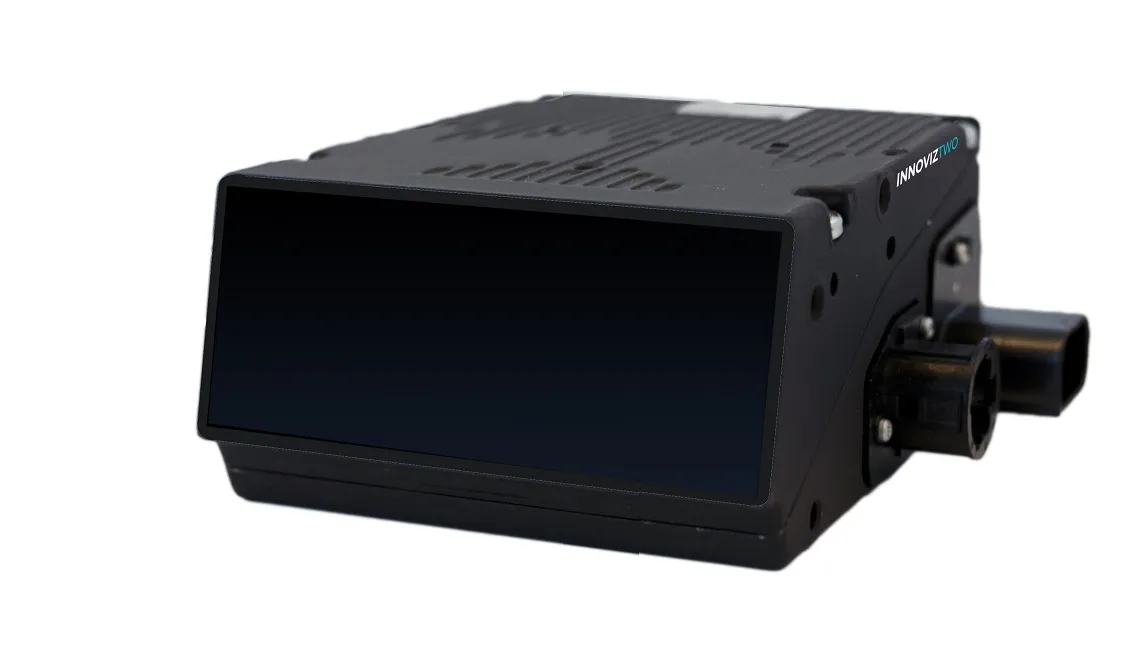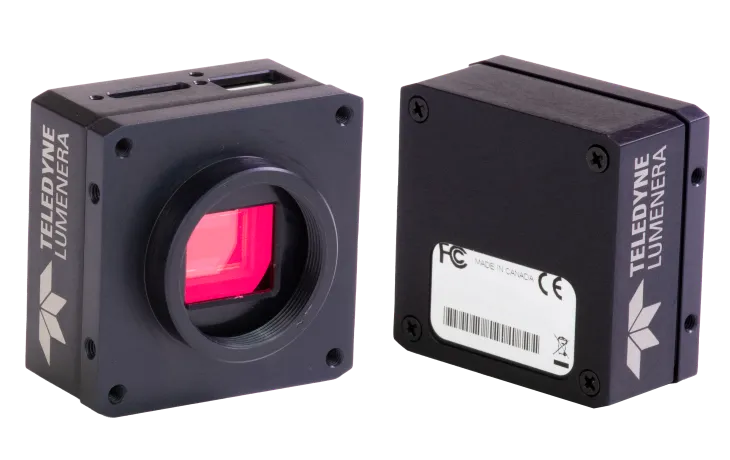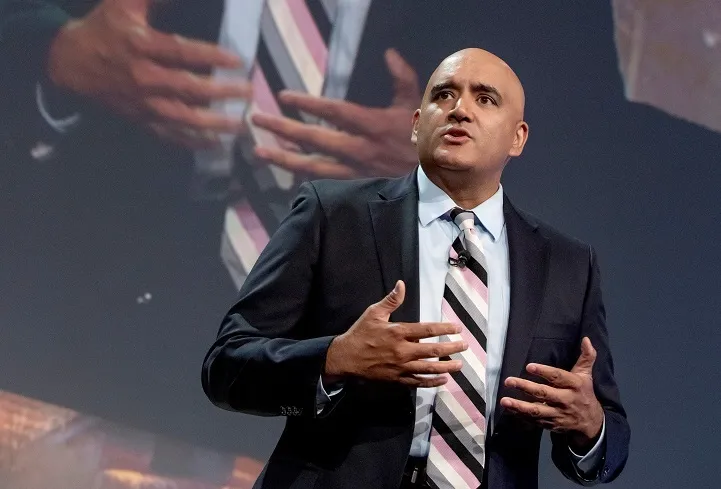
Innoviz has been chosen as Lidar supplier for Volkswagen's automated vehicles.
The Lidar firm will provide its InnovizTwo Lidar sensors and perception software to Cariad, a subsidiary of VW Group which builds the software platform and tech stack for well-known brands such as Volkswagen, Audi and Porsche.
Innoviz CEO and co-founder Omer Keilaf said the deal would "support safe mobility for vehicles launching from the middle of the decade".
With its third design with a major automaker - and first deal as a Tier-1 supplier - Innoviz says its forward-looking order book was updated to $6.6 billion.
Innoviz is also working with BMW to deploy the automotive-grade InnovizOne Lidar and perception software in 7 series vehicles, which will have Level 3 autonomy.
Lidar is a key element of advanced driver assist systems (ADAS) and autonomous vehicles (AVs).









